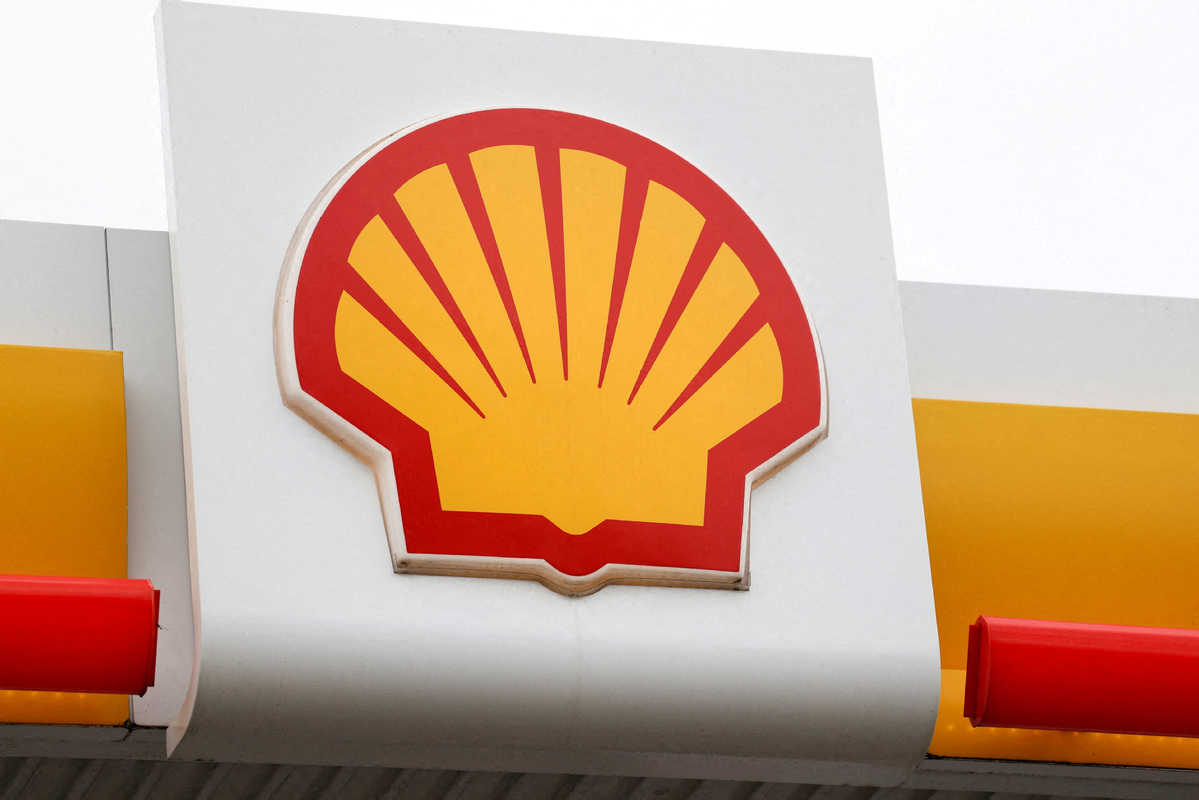
A view shows a logo of Shell petrol station in South East London, Britain, Feb 2, 2023. [Photo/Agencies]
The British oil and gas giant Shell no longer has a legal obligation to cut its carbon emissions by 45 percent by 2030 compared to 2019 levels.
The London-headquartered multinational won the concession in a court case in the Netherlands on Tuesday, which overturned an earlier ruling that said the company had a "social standard of care" to slash its emissions by 45 percent.
The company's success in the Netherlands' Court of Appeal followed the earlier ruling made by a district court in the Dutch city of The Hague that supported a case made by environmental group Friends of the Earth and 17,000 Dutch citizens that called on the company to reduce its CO2 emissions in line with the sentiments of the Paris Agreement on climate change.
At the time, it was a landmark ruling because it suggested companies had an obligation to fall in line with the requirements of international agreements, even if they were more demanding than legislation within the nations in which they operated.
While the Court of Appeal removed specific mention of a percentage by which Shell should lower its emissions, the court did say the company still has a general obligation to limit emissions.
Shell welcomed the ruling but Friends of the Earth said it was a major setback.
The environmental group said it now plans to appeal against the latest ruling by taking the case to the Netherlands' Supreme Court, but it acknowledged it could be many years before a final verdict is reached.
Friends of the Earth spokesperson Donald Pols told the BBC "it's a marathon, not a sprint and the race isn't yet over".
Shell said it is already doing all it can to lower emissions and that if people want faster action on combatting climate change, they should lobby governments, not companies.
Shell has said it plans to reduce the carbon intensity of its products by 15 percent to 20 percent by 2030 in comparison to a baseline from 2016.
The company has also said it aims to become "net zero" for emissions by 2050.
Shell's Chief Executive Wael Sawan welcomed the court ruling, saying: "We are pleased with the court's decision, which we believe is the right one for the global energy transition, the Netherlands, and our company. Our target to become a net-zero emissions energy business by 2050 remains at the heart of Shell's strategy and is transforming our business. This includes continuing our work to halve emissions from our operations by 2030."
Sawan said the company is "making good progress" in its drive to "deliver more value with less emissions".